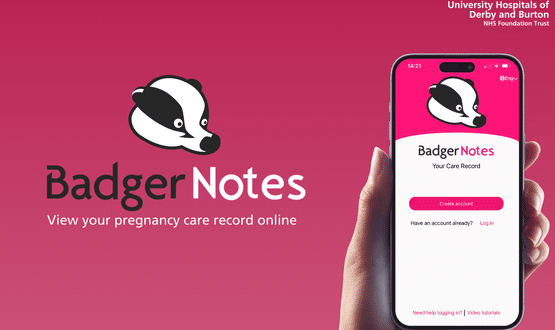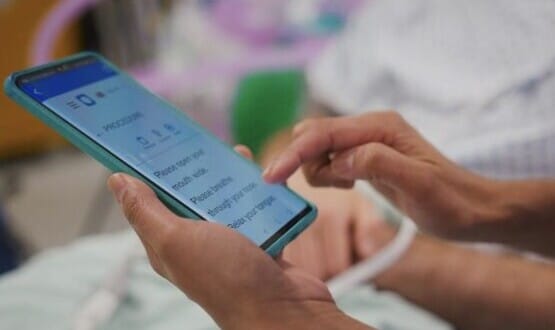Lorenzo delivery plans now stretch past 2010
- 18 October 2007
E-Health Insider has learned that the latest plans for the delivery of Lorenzo software in the North of England are based on key elements of the software not being available for deployment into the NHS as an integrated solution until after 2010.
Under the revised four-stage plan, codenamed Penfield, order communications tools would be delivered first, followed by a basic PAS, departmental systems and then upgrades. The initial order communications would have to be integrated into existing PAS systems.
The plan is being sold on the basis of it planning for delivery of clinical functionality at a slightly earlier point than the release plan it supersedes.
GP, child health and community systems – which at one stage were to have been the first elements of Lorenzo provided to the NHS – are now not expected until at least 2010. Sources say the date being discussed for the fully integrated Lorenzo is now 2011.
NHS Connecting for Health is now understood to be negotiating with Local Service Providers (LSPs) to extend some existing system contracts by a further three years – trusts would be required to pick up the support and maintenance costs
Industry and NHS sources close to the project say that the latest Penfield plan for delivery of Lorenzo by iSoft, CSC and NPfIT are now based on a release strategy in four parts.
A board paper from West Midlands Strategic Health Authority states: “CSC have put forward a revised release strategy for the strategic software product Lorenzo, leading to software being released to the NHS in four phases rather than two”. It adds that the first release (R1) “will be deployed as early as April 2008 compared with the original scheduled date of June 2008.”
In phase one of the ‘Penfield’ plan it is now proposed that an order communications system be delivered to hospitals, which can be interfaced to existing PAS systems such as iSoft’s iPM, together with clinical documentation – ostensibly similar functionality to iSoft’s existing iCM clinical manager product.
Phase two of the plan would then be to deliver a basic Lorenzo patient administration system. One industry source told EHI the plan was to initially deliver a system that “contains less functionality that iSoft’s existing iPM PAS”. Two dates are being discussed for Phase two, the more optimistic being November 2008, the other is February 2009.
One industry source told the PAS functionality being discussed may not include 18-week wait modules and “will be light on reporting”.
Phase three would be based on delivery of clinical departmental modules for areas including accident and emergency, maternity and theatres. Delivery is being projected in 2010.
Phase four, meanwhile, would be based on delivering upgrades to the previous three phases, including the basic initial PAS. Insiders suggest the earliest this would be available is 2011.
If these forecasts are accurate it suggests full Lorenzo PAS, meant to form the foundation of a Lorenzo-based Care Records System, remains three to four years away. As a result, some acute trusts now have to look again at extending existing systems or interim alternatives.
Sources indicate the proposed Penfield schedule has been already been presented to a number of trusts but affordability is proving a serious issue. “Trusts are finding the business case for installing iPM as an interim system is unaffordable,” one industry source told EHI.
They added that CfH is now “negotiating with LSPs to extend the current system contracts for another three years”, but Trusts will be required to pick up the support and maintenance costs.
The Penfield strategy is the latest in a long-line of plans for delivering Lorenzo that stretch back to 2004, none of which has so far resulted in completion or delivery of the next generation software. One of the procurement principles behind the NHS IT programme, led by NHS Connecting for Health, was claimed to be only buying proven product that had been shown to work after exhaustive expert testing
Both CSC and iSoft have declined to give any details about the proposed delivery dates or functionality to be provided under Lorenzo, other than to state that contract negotiations are continuing.
Some details of recently proposed Lorenzo delivery schedules have been included in recent NHS board papers. According to a September board paper from Yorkshire and Humber strategic health authority, the earliest discussed date for GP, community and child health functionality being made available is June 2009, with deployment not being possible until 2010.
Some encouragement comes from a September board paper from West Midlands SHA which says many aspects of releases one and two of the software have been demonstrated and been “well received” by NHS staff. CSC has recently been demonstrating early versions of the software to NHS staff from a truck in a car park in Leeds.
Jon Hoeskma




